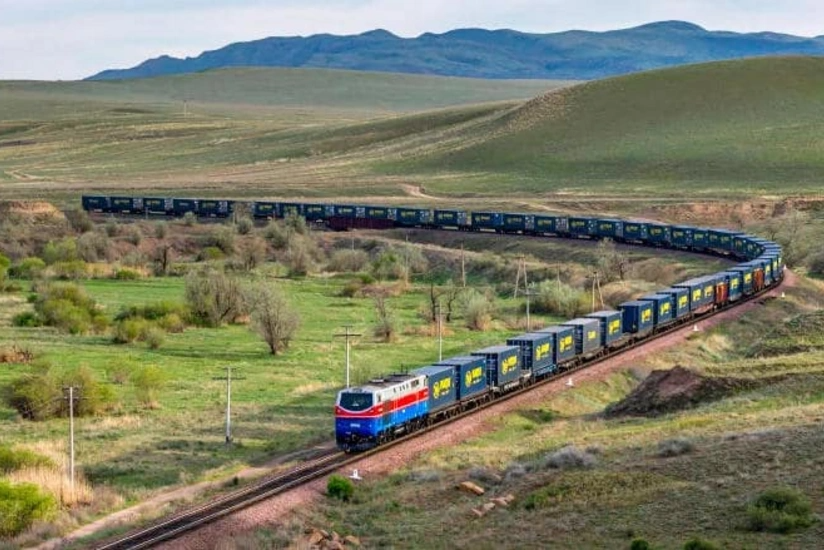EU highlights need for skilled workforce to realize Central Corridor’s potential

New transport routes such as the Central Corridor can unlock the vast potential of Central Asia, but this goal can only be achieved through the development of a specialized and skilled workforce, Johannes Baur, Head of the Cooperation Department of the European Union Delegation to Kazakhstan, said at the high-level meeting of the DARYA (Dialogue and Action for Central Asian Youth) program held in Turin on October 30–31, Azernews reports.
“Historically, Central Asia has always played the role of a bridge between Europe and Asia, and today relations between the EU and the region are actively strengthening,” Baur noted, emphasizing the importance of workforce readiness in maximizing the benefits of new trade routes.
The meeting brought together deputy ministers of education and labor from Kazakhstan, Kyrgyzstan, Turkmenistan, and Uzbekistan, alongside EU representatives, social partners, and private sector stakeholders. Participants reviewed progress under the DARYA program and outlined priority areas for the next phase of cooperation, particularly in education, vocational training, and youth employment.
The Central Corridor—also known as the Trans-Caspian International Transport Route—is a strategic trade and transport link connecting Asia and Europe via Kazakhstan, Uzbekistan, Turkmenistan, the Caspian Sea, Azerbaijan, Georgia, and Türkiye. The corridor provides an efficient alternative to the Northern and Southern routes, offering a faster and more sustainable land connection between China and Europe.
Here we are to serve you with news right now. It does not cost much, but worth your attention.
Choose to support open, independent, quality journalism and subscribe on a monthly basis.
By subscribing to our online newspaper, you can have full digital access to all news, analysis, and much more.
You can also follow AzerNEWS on Twitter @AzerNewsAz or Facebook @AzerNewsNewspaper
Thank you!

